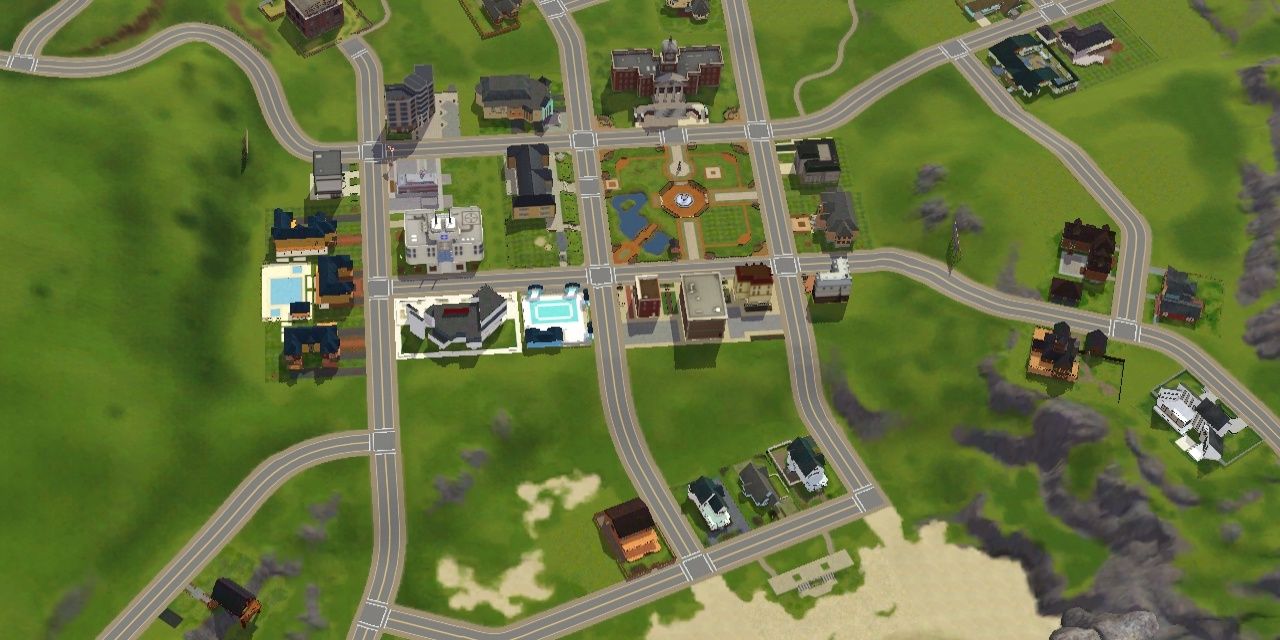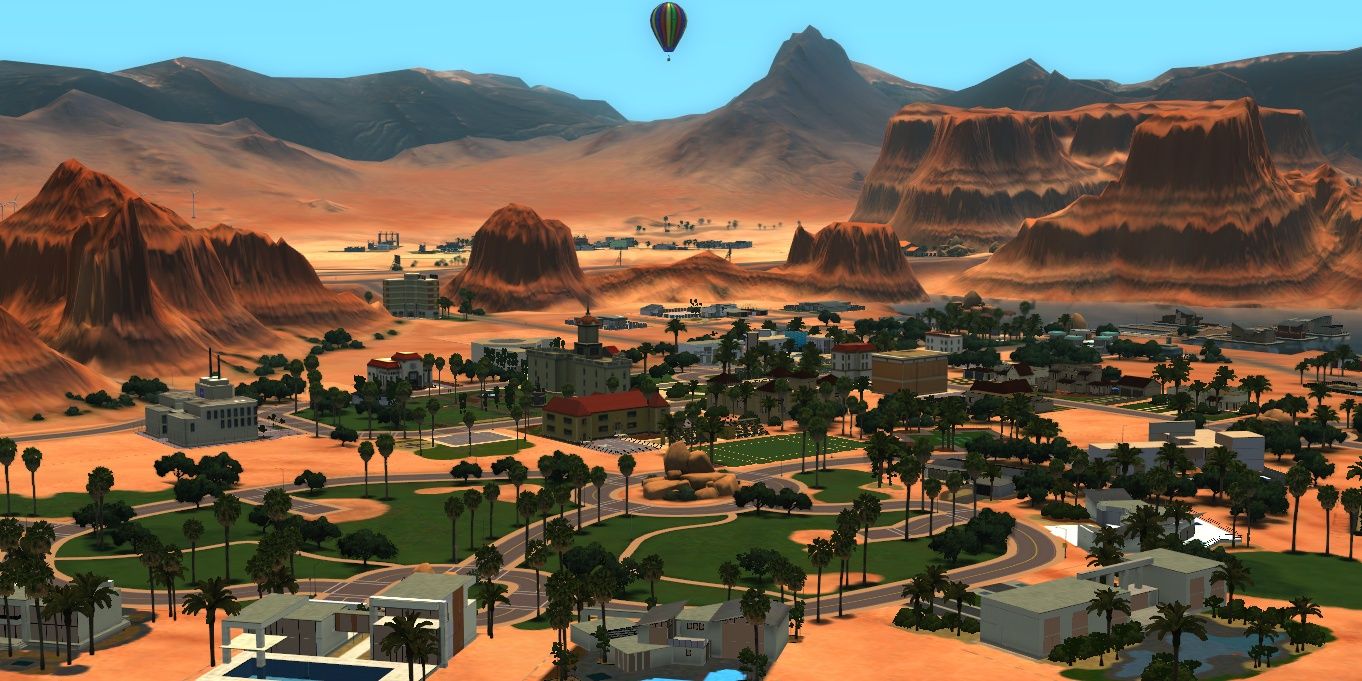The Sims 3 is often considered a worthy entry in The Sims series, and its even been considered a stronger game than The Sims 4. The game saw tons of quality expansions, an online store that was dripping with content and some amazing firsts for the series. One such new addition was that Sims could now explore their towns as an entirely open-world environment.
The game's open-world towns are often considered one of the best additions to the game. However, this caused myriad problems as a whole, which negatively impacted The Sims 3's performance, longevity and gameplay. While a great idea that should return once the technology can handle them, these open environments suffered from being ahead of their time.
The Sims 3 was already a fairly taxing game before its many expansion packs. Since the game was rendering an entire town, its inhabitants and any random events that may occur, lower-end PCs and laptops struggled with the game at launch. Later patches improved the game's performance, but these performance issues would reappear during the game's lifetime once the expansion packs began adding tons of new features.
The Showtime and Island Paradise expansion packs in particular are rather infamous for the technical issues that they caused when they launched. The Katy Perry-endorsed Showtime expansion added a feature where Sims from other players' games could visit different performance venues around town. These locations had an unfortunate issue where Sims would get stuck waiting for a performance to start, even when the online features were disabled.
The Showtime bug was primarily an issue with the game's online connectivity features, but the problem wouldn't have been as noticeable or detrimental if it wasn't for the open world. Since the entire town was being rendered at once, having a large amount of Sims waiting around at a performance venue would cause the game to slow down, even on higher-end computers. There was a similar path-finding issue with Island Paradise that caused Sims to get stuck at certain locations due to how that expansion's town relied on Sims using water transportation to get around.
The last major issue caused by the open world is far more recent. Since The Sims 3 is no longer seeing updates to support new graphics cards, modern computers may have trouble running the game. Some have reported that load times are far longer than they originally were, especially when expansions and store content are involved.
Expansion content bloating gameplay is another reason why The Sims 3's open-world was ahead of its time. Expansions like Seasons, Into the Future and World Adventures were great, but they ended up bloating the game with tons of additional features and objects that had to be loaded into towns. There were also tons of new town lots added that had to be manually placed at the start of a game, meaning it was almost impossible to actually play with all of the new content.
While some fans may have been disappointed by the change, The Sims 4 backpedaling on open worlds was necessary for the franchise. Any new venues or buildings have been relegated to their own towns that can be freely visited no matter where the Sims live. The new content added through expansions is also much more accessible when it doesn't have to be designed to work on a massive open-world map.
Still, the Sims Team should return to the open-world town concept at some point. When The Sims 3 worked as intended, these worlds really did feel alive and busy. Being able to have, at times, hundreds of Sims in the same town was also a lot of fun for players who enjoyed populating towns with custom Sims. Once the technology can support such a thing without causing major issues, an open-world Sims game could feel like a true simulation of life. However, the performance issues, technical setbacks and inability to handle large amounts of content showed that 2009 wasn't the right time for The Sims to tackle that level of freedom.



